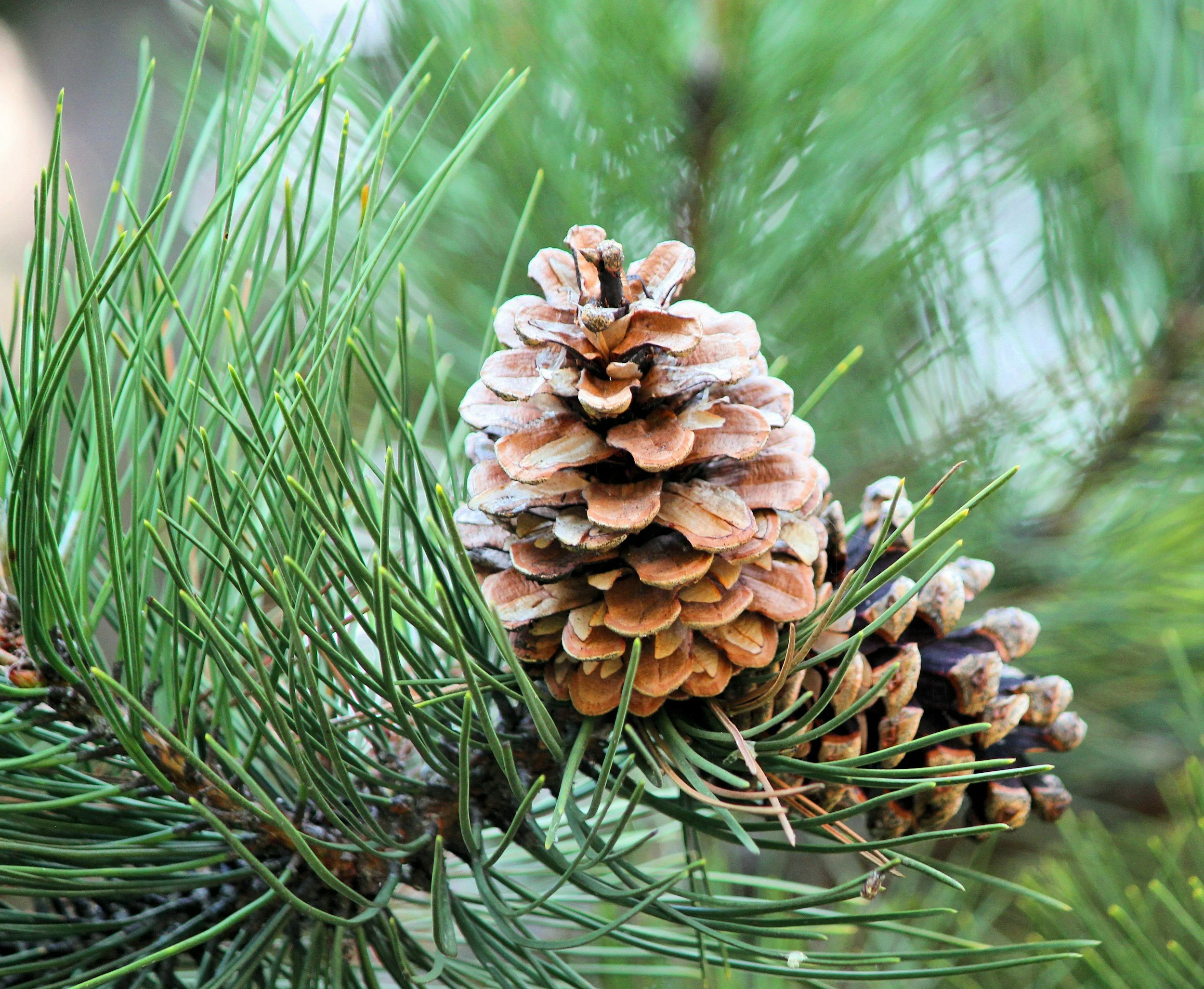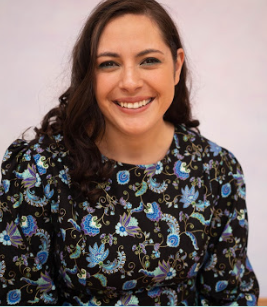
About us
What does
HAWI mean?
HAWI, an acronym for Haudenosaunee And Waldorf-Inspired, derives its name from the Kanyen’kéha (Mohawk) Language, where “-hawi” signifies the act of carrying—a fitting reflection of their mission.
As a community-minded consulting company, HAWI is dedicated to coaching Haudenosaunee, Indigenous, and Non-Indigenous educators and caregivers, instilling an approach to education rooted in Haudenosaunee thought and philosophy while drawing inspiration from the Waldorf educational method. HAWI extends its vision to a diverse community of educators, transcending the conventional boundaries of teachers and professors. In our view, educators encompass all individuals who share a collective responsibility for the well-being and education of present and future generations

Where are
we from?
Founded in 2021, HAWI's roots are firmly grounded in the Six Nations of the Grand River Territory in Ontario, Canada. The Haudenosaunee are a unified Confederacy of six nations (originally 5) under the Great Law of Peace, and the Six Nations of the Grand River stands as the only Indigenous community that includes all six Haudenosaunee nations. Located along the banks of the Grand River, Six Nations holds a rich history that dates back to the American Revolution when they were allied with the British. The Grand River Tract was granted in return for that allegiance. The Six Nations of the Grand River lands, as they exist today, comprise less than 5% of the expansive territory originally granted under the Haldimand Deed, emphasizing the historical significance of this community in a Canadian context. This fact and other historical events in Indigenous history in Canada highlight the importance of the community’s commitment to maintaining cultural heritage and educational traditions. HAWI's operations within this location reflect a commitment to preserving and carrying forward education deeply rooted in Haudenosaunee traditions and innovative educational concepts.
Meet the Lead Consultants
-
Wakenyahten/Turtle Clan, Kanyen’kehaka/Mohawk Nation
Six Nations of the Grand River Territory
Mother of 2 daughters, 1 son
Indigenous educator, leader, and innovator
A Year 1 graduate of Kanyen’keha (Mohawk language) at Onkwawenna Kentyohkwa
Over twenty years working in multiple educational environments, from babes in arms to post secondary levels
Learning and exploring Waldorf Education since 2005
Serving many roles, over many years at Skaronhyase’ko:wa - The Everlasting Tree School: Co-founder, Kindergarten teacher, Administrative Chair, Leadership Circle member, and currently,
ParentActively involved in the community since her youth, initiating programs and contributing her innovative ideas
B.A, B. Ed, B. Ad. Ed
Associate Consultants
-
Beaver Clan, Tuscarora Nation
Six Nation of the Grand River
advisory work on various committees for the Haudenosaunee Confederacy Council of Chiefs
Master’s Degree in American Studies and 2 Honourary Doctorates
Currently the Indigenous Innovations Specialist at Mohawk College
Former Assistant Director for Public Programs, National Museum of the American Indian, Smithsonian Institution; Museum Director, Institute of American Indian Arts, Santa Fe, NM; and Assistant Professor, Native American Studies, SUNY Buffalo; founding Senior Project Coordinator of the Indigenous Knowledge Centre at Six Nations Polytechnic
Going on five decades of service within Indigenous communities.
-
Kanyen’kehaka/Mohawk Nation
Buffalo, NY / Six Nations of the Grand River
Mother of four daughters, partner and homemaker
Originally from Buffalo, NY. She has lived at Six Nations of the Grand River Territory for 18 years
A Year 1 graduate of Kanyen’keha (Mohawk language) at Onkwawenna Kentyohkwa
Co-founder of Skaronhyase’kó:wa / Everlasting Tree School and creator of the school’s nutrition program
Food Motivator & Innovator - Founder of Kakhwa’ón:we / Real People Eat Real Food, exploring links between people, food, art, education, mothering, technology, language and land.
Waldorf parent and a long time student of anthroposophy
A current PhD student at York University in the Faculty of Environmental and Urban Change
-
Kanyen’kehaka/Mohawk Nation
Six Nation of the Grand River
Mother of a daughter
Advanced level speaker of Kanyen’keha
A Year 3 graduate of Kanyen’keha (Mohawk language) at Onkwawenna Kentyohkwa
Lead Teacher in the Skaronhyase’kó:wa Kanen’shón:’a Early Years program.
Certified Waldorf Early Childhood Educator
Actively involved in community, grassroots initiative as a youth




